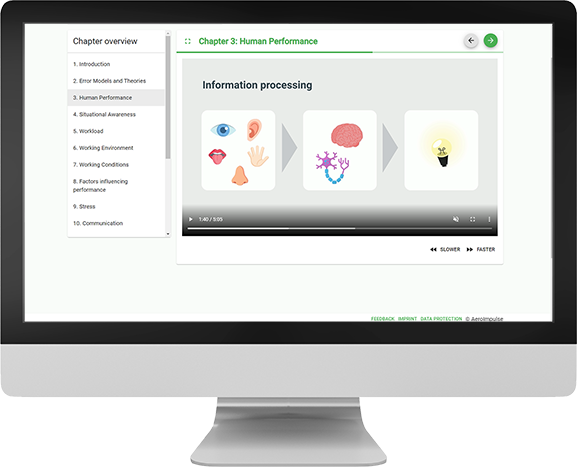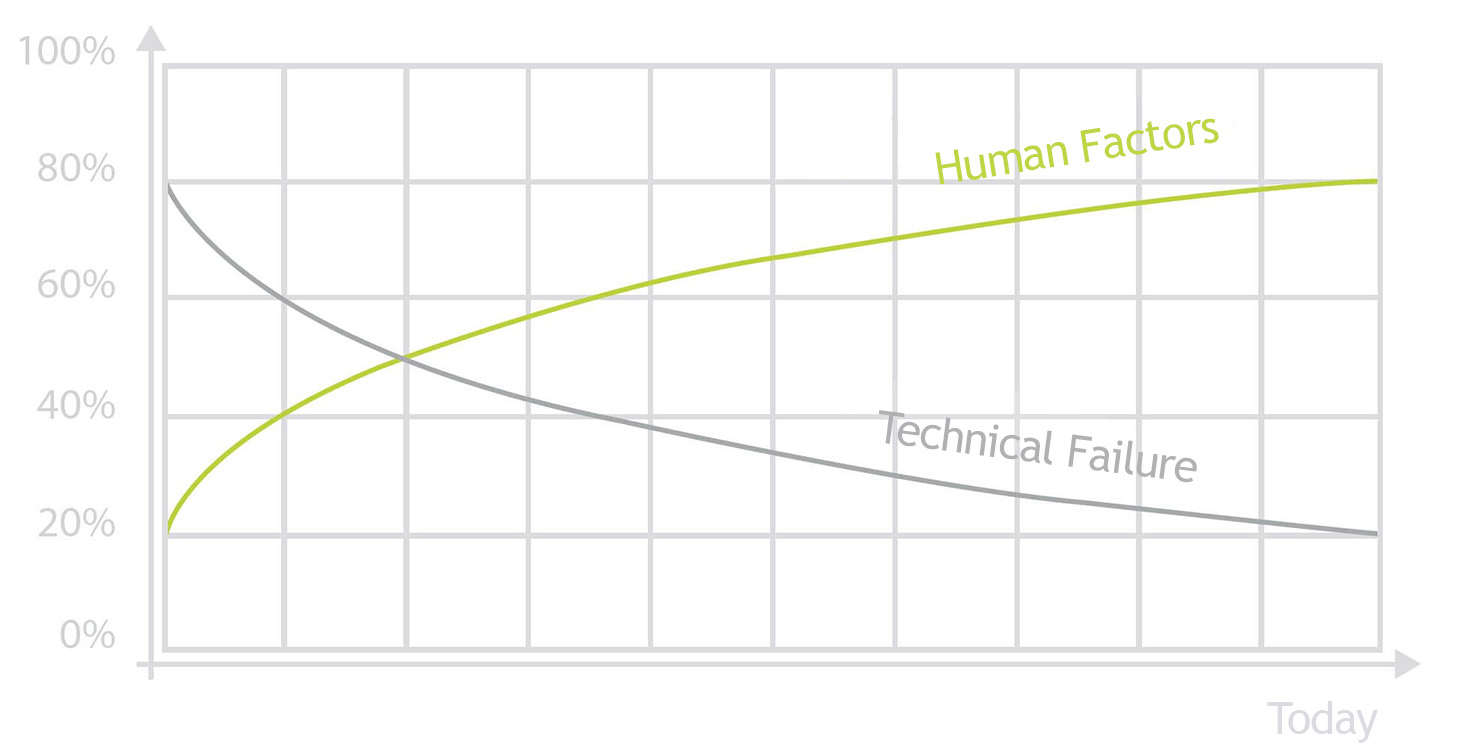Human Factors – Medical – Introduction
Human Factors – Medical – encompasses all those circumstances and conditions that influence physicians, nurses and paramedics in their actions alone or as a team. Human Factors include character skills and limitations, such as teamwork skills, stress resistance, perceptual skills, adaptability, or dominance behaviors.
In addition, the social environment also has a considerable influence on the human factors. Teamwork and the challenges associated with communication play a key role here. Last but not least, the physical work environment, such as workplace design and IT support, also determines the extent to which human errors can occur.
In medicine, the topic of Human Factors has become increasingly important in recent years, especially in emergency medicine / rescue services and anesthesia. In certain cases, entire hospitals and a number of hospital chains have already systematically committed themselves to this topic.
Do you already know our medical Human Factors E-Learning?

- 3.5 hours (Initial), also modular as Refresher
- video-animated training with final test + certificate
- available on all devices
Human Factors – Medical and why aviation origin?
Human Factors – Medical: The discipline dedicated to mastering these limits of human capabilities is Human Factors Management, also known in medicine as Crew or Crisis Resource Management (CRM). Its goal is for employees to learn to be aware of the consequences of their actions and to act accordingly. Staff should be enabled to develop appropriate situational and error awareness and build thoughtful team interactions. Employees should learn to use and share information systematically, to consult when necessary, and to announce decisions.
Origins Human Factors – Aviation
In civil aviation, structured discussion of human factors began in the early 1970s. Today, regular human factors training is a global legal standard in aviation. Time and time again, human error leads to serious accidents. Read our example of Flight 214 on approach to San Francisco on July 6, 2013.
Origins Human Factors – Medical
Aviation can thus look back on over 40 years of practical experience in the field of Human Factors Management. Not only have the methods and instruments been continuously improved in this time. An intense awareness of Human Factors in the medical field developed around the turn of the millennium with the publication of the technical article “To Err is Human” in 1999 by the US Institute of Medicine. This refers to results of a 1984 study which found that treatment-induced adverse health events occurred in 3.7% of all inpatient admissions in New York State. Today, we know much more Human Factors – Medical, including the cost of errors. Take a look at this list:
- A court case usually costs at least $ 10,000,
- A revision surgery costs an average of $ 8,500,
- each additional day in the intensive care unit costs at least $ 3,000.
Find out more about our E-Learning now
Digital Learning in Human Factors – Medical – video-animated with test+certificate
Human Factors – Medical
and error prevention
What does this mean for medicine, hospitals, emergency medicine and specifically for their employees: physicians, nurses and employees in the rescue service / in emergency medicine? We know from aviation that the human factor is a major contributor to 60-80% of all serious incidents. Similar error patterns and causes can be identified repeatedly: ineffective communication, poor team interaction, pressure, stress, social norms, lack of problem awareness or insufficient assertiveness. They are among the top 12 human error sources (Dirty Dozen) that encourage faulty work execution and regularly trigger serious incidents (learn more about Dirty Dozen in our other post).
If medical facilities want to build on the successes of aviation and introduce human factors management / CRM measures, the focus must be on optimizing personnel qualifications and the management culture. Employees must be continuously made aware of their own abilities and the limits of human performance. To achieve this, Human Factors – Medical must be anchored in the minds of employees and become an accepted part of everyday business life.

CRM Trainings / Human Factors – Medical
Goals
The goal must be to make employees explicitly aware of errors. Even those that are less obvious. The strategy behind this is that by reducing the small errors, the large ones are also prevented (iceberg model). The aim is to identify indirect and direct causes and consequences of Human Errors and thus enable safer and more effective work performance. Therefore, CRM / Human Factors – Medical trainings are not only about knowledge transfer. The goal is to raise employee awareness and create an operating culture that is consciously focused on patient safety, which:
- explicitly takes into account human performance, capabilities and limitations,
- has organizational structures that systematically reduce human errors,
- offers training or continuing education that raises awareness of the “human factor” issue and solicits feedback in order to constantly improve as an organization.
How often?
In terms of training scope and frequency aviation authorities worldwide set a minimum of one day in a period of about two years. For decision makers and multipliers such as physicians and executives, 2-3 days should be calculated initially. Special (operational) events or occurrences also usually necessitate more training.
Who?
However, such medical human factors / CRM trainings are not only recommended for anesthesiologists, ZNA staff or employees in the rescue service (emergency medical technicians). While this is where Crisis Resource Management training has been most prevalent to date, it is also advisable elsewhere: all employees in hospitals, MVZs, care facilities and laboratories should address the weaknesses of human performance. Medical professionals at all operational levels and areas should develop a basic understanding of how human errors occur.
Are you interested in our medical Human Factors E-Learning?
We will be happy to activate your training!
Get a non-binding offer at info@medicalimpulse.de or
+49 (0)40 5131 5291